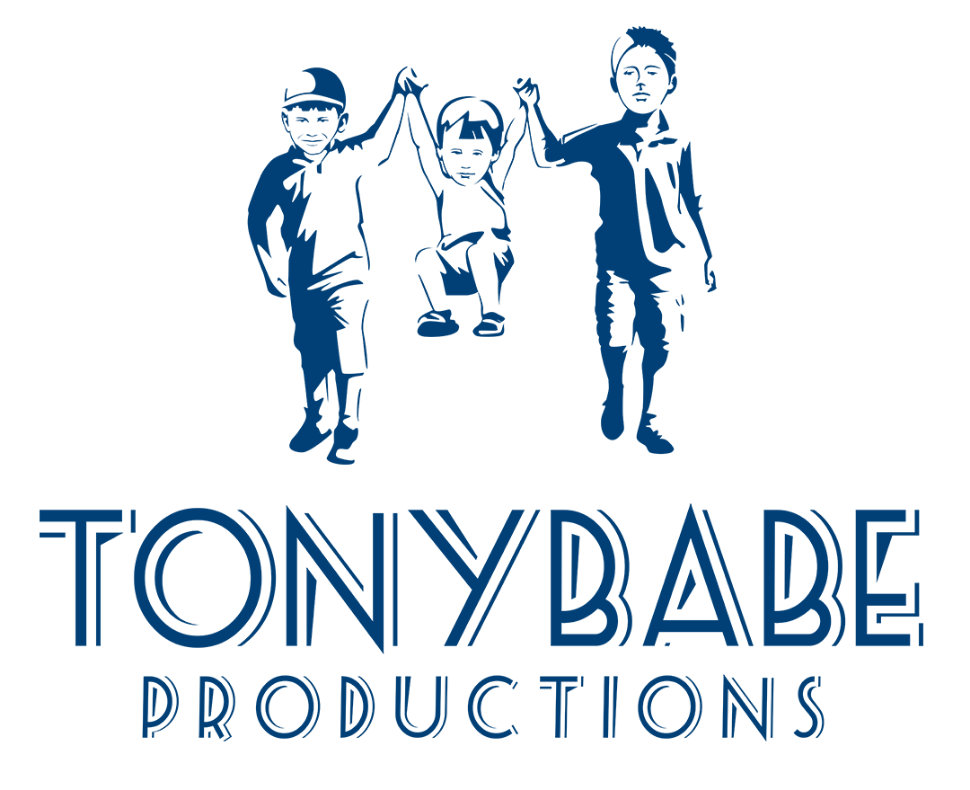
Remember those pitchfests that I mentioned last month? Well, don’t be surprised if while you’re pitching your story, the producer wants to hire you to develop his own ideas. Now you get excited and think you have crossed that imaginary line between amateur and professional.
But once the contract arrives in your email, you notice the payment of ONE DOLLAR in exchange for the producer owning all rights to your material in perpetuity. Of course, you’re so wide eyed that you sign the thing and put your heart and soul into every draft. That’s what I did so don’t feel bad if you already fell for this once.
When you get a “work for hire” offer, read the contract very carefully. Even better, if you have a friend who happens to be a lawyer, have them take a look. Define how long you will work for this producer, how many drafts you will give him and the terms of payment. In most cases, they don’t want to offer you a dime up front. So negotiate the terms of payment if the movie ever gets made. If you’re going to get a percentage of the production budget, make sure that term is defined as the total budget.
Producers are notorious for putting clauses into contracts that protect themselves from paying you on time or the correct amount. Make sure if there are installments, you can live with it. If you are getting any back end points, you don’t want a percentage of net. Also, you will see a term called “deferred money” in most contracts. This is meant to make you feel like you will share in the movie’s success. But deferred money has a habit of becoming zero thanks to fancy bookkeeping.
No matter how nice the producer might be, he is in this for himself. Don’t be a bit surprised if he wants co-writing credit because he came up with the idea. Unfortunately for him, that’s not how credit is assigned. In most cases, once this film is done, the key players will want to submit it to the guilds. If a director or producer gives themselves credit for a script, it automatically triggers arbitration by the WGA.
So if I were you, before you send a draft to the producer, register it with the WGA. This way, if arbitration is needed, you have a history of your drafts and your work. Also, keep notes of every conversation and keep all emails between the producers. When it comes to credit, even people who don’t deserve it will fight for it.
You can see the current WGA payments to writers for television and film here:
http://www.wga.org/contracts/contracts/schedule-of-minimums

